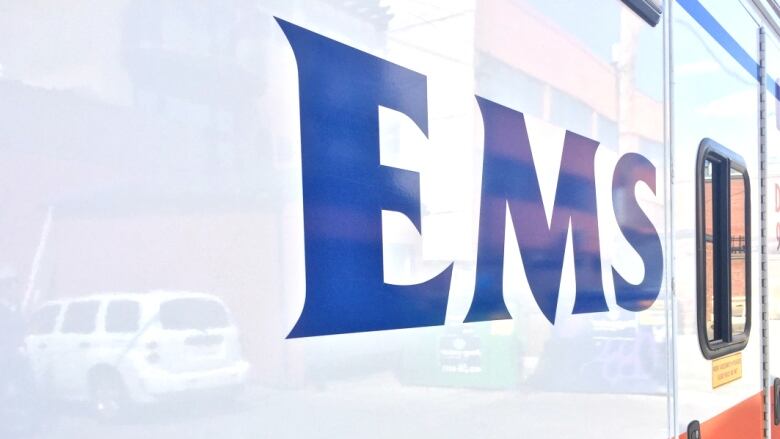Manitobans least likely in Canada to call ambulance after stroke, heart attack
Only half of stroke victims are taken to hospital by ambulance, data suggests

Manitobans are among the least likely in Canada to call an ambulance when they've had a heart attack or stroke.
New data released by the Canadian Institute for Health Information shows only half of Manitoba stroke victims were taken to hospital by ambulancebetween April 1, 2014, andMarch 31, 2015.The national average was 63 per cent of patients.
Manitobans who suffer heart attacks are even less likely to call an ambulance.Only 33 per cent ofheart attack victims arrive at hospital in an ambulance.The national average is 46 per cent of patients.
Only the territories Yukon, Northwest Territories and Nunavut reported a lower number at 25 per cent.
"It was very surprising for us to see that people don't call an ambulance, especially for conditions like a stroke and a heart attack when the fast help is needed right away,"saidKaterinaGapanenko,CIHI'smanager of health systems research based in Toronto.
The CIHI report doesn't say what the reason is for the low numbers, but theorizes it could be the cost of the ambulance ride, whichranges from $40 to $500 per ride in Canada.
"If those things are known that's often, actually, a bit of data that is not known to much of the general publicbut if those have been known from a past experience, then it's possible that people could shun calling an ambulance for help. That's quite possible," said Dr. Michael Hill, a stroke neurologist in Calgary.
Reasons 'hard to say'
Thereportalso found that lower-income patients are more likely to call an ambulance than those with higher incomes.
"For both heart attacks and strokes, we found that patients from the lower-income group, they tend to use an ambulance more often than richer people,"Gapanenko said.
However, she saidthis could be for a variety of reasons, and researchers do nothave access to data on how patients paid for their ambulance trips.
"It could be health insurance, it could be public assistance, welfare programs," she said.
"People from the lower-income groups, they tend to be more from the welfare group, which covers the cost. We cannot have that information. And car insurance programs cover cost to the hospital, too. So it's hard to say, for sure."
Premier 'very concerned'
Premier Brian Pallister said he is "very concerned" about what the data suggestsand that high ambulance fees are likely a factor.
Pallister and theProgressive Conservatives promised during the 2016 election campaignto cut ambulance fees in half during the provincial election.
Their first provincial budget releasedpromised a five per cent cut to ambulance fees in the first year and a reduction overall by 50 per cent in their first mandate.
"[The] study is showing that some Manitobans are reacting by saying 'no' to calling," Pallister said, adding "That's very dangerous."
Pallister added that the government is in discussions withregional health authorities, which set their own ambulance fees, and will also lookat how to achieve the 50 per cent drop in costs through a health review in the coming months.
Hill said Manitoba officials shouldanalyze theCIHIdata to find out why people in the province are less likely to call an ambulance,whether it's because of the cost,or because people may not know they should call for help instead of going on their own, or other factors.
He noted that patients who arrive in hospital by ambulance tend to receive expert help more quickly.
"You think 15 minutes is a short period of time, but it actually can make a big difference to whether you walk out of hospital or whether you go to a nursing home," he said.
- Manitoba health care services to be excluded from government-wide audit
- Premier Pallister pushed to define 'front-line' jobs
- Manitoba Tories promise to cut ambulance fees in half if elected
- No free ride: Ambulance bills in Manitoba highest in Canada
(PDF KB)
(Text KB)CBC is not responsible for 3rd party content












_(720p).jpg)


 OFFICIAL HD MUSIC VIDEO.jpg)
.jpg)



























































































